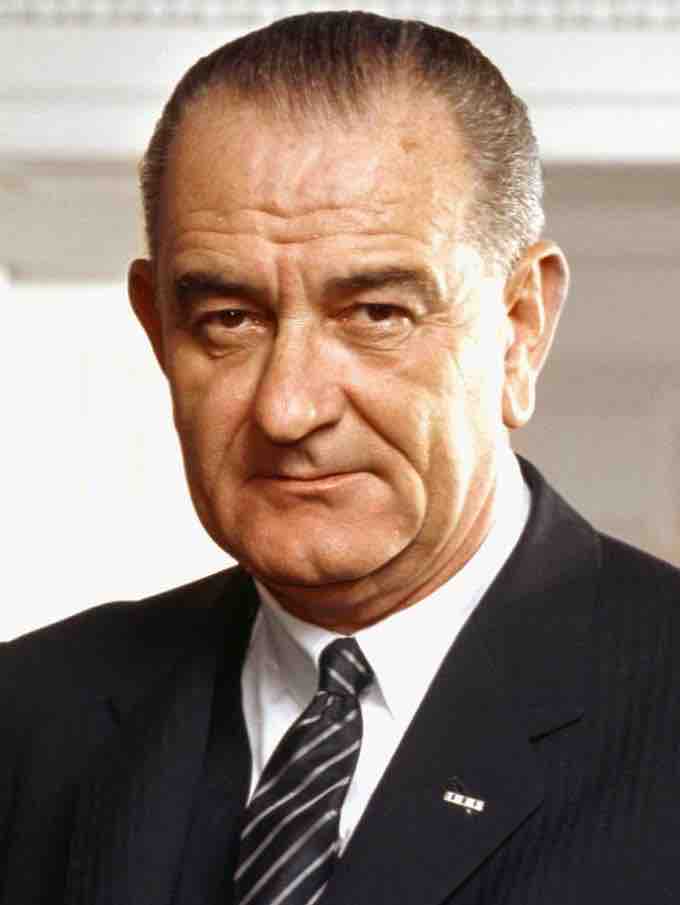Political advertising is a form of campaigning used by political candidates to reach and influence voters. It can include several different mediums and span several months over the course of a political campaign. Unlike the campaigns of the past, advances in media technology have streamlined the process, giving candidates more options to reach even larger groups of constituents with very little physical effort.
Political advertising has changed drastically over the last several decades. During the 1952 Presidential elections, Dwight D. Eisenhower was the first candidate to extensively utilize television commercials, creating forty twenty-second spots to answer questions from everyday Americans. During the 1960 elections, both candidates - Vice President Richard Nixon and Senator John F. Kennedy - utilized television, although Kennedy's televised speech about his Catholic heritage and American religious tolerance is considered by many to be more memorable.
One of the first negative political advertisements was titled "The Daisy Girl" and was released by Lyndon Johnson's campaign during the 1964 election. The commercial showed a young girl picking the petals off a daisy, while a voice off camera began a countdown to a nuclear explosion. The ad ended with an appeal to vote for Johnson, "because the stakes are too high for you to stay home." Though the ad ran for under a minute and only aired once, it helped Johnson win the electoral votes of 44 states. Throughout the 1970s and 1980s, political attack ads became even more prevalent, with Presidents Nixon, Carter, Reagan and George H. W. Bush all utilizing the method against their opponents .

President Lyndon B. Johnson
Lyndon B. Johnson, who successfully utilized negative political advertising in the famous "Daisy ad" during the 1964 election
The growth of cable television networks heavily influenced political advertising in the 1992 election between incumbent President George H. W. Bush and Governor Bill Clinton, particularly in reaching new target demographics such as women and young voters. The 2004 election saw yet another, and possibly the biggest, change yet in political advertising--the growth of the Internet. Web-based advertising was easily distributed by both incumbent President George W. Bush and Senator John Kerry's campaigns, and both campaigns hired firms who specialized in the accumulation of personal data. This resulted in advertisements which were tailored to target specific audiences for the first time (a process known as narrowcasting). The 2008 election was notable for Senator Barack Obama's use of the Internet to communicate directly and personally with supporters and constituents, a tactic that would help in his eventual victory.